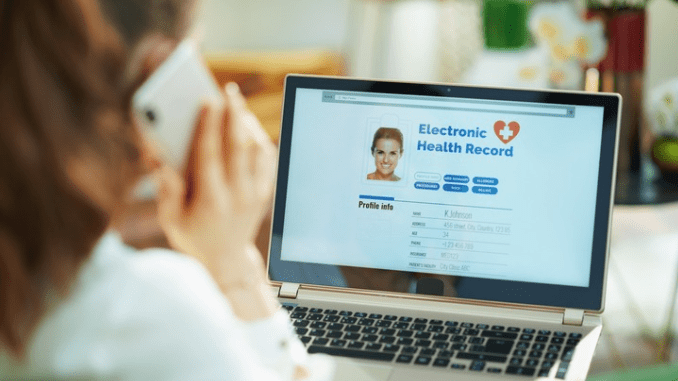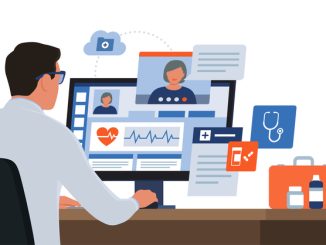
As reported by NHS England, starting October 31, all GP practices in England will be required to provide patients with online access to their health records, making it easier for people to keep track of their health information and reducing administrative burdens for healthcare providers
1 in 4 people in England already have access to new entries in their GP record, and there are on average 5.5 million patient GP record views per month. Using the NHS App, these patients can see information as it is added, for instance, consultation notes, letters, referrals and test results.
NHS England believes all patients, wherever they live in England, should be able to benefit from this access and the message it hears from patients, and patient bodies, is that this is their personal information which they have the right to see.
However, as it currently stands, many patients are missing out on what they are entitled to, and so from 31 October, it will be a contractual obligation for all GP practices to give patients access to their new health record information.
For those practices who have not yet pressed green, there is still time to prepare for this. It is, of course, up to GP practices to decide how they roll out online patient record access for all of their patients. Guidance and support is available to support preparation, as well as time-saving functionality to bulk-enable access if they choose.
Some practices and representative organisations have expressed concerns about ensuring that vulnerable and at-risk patients don’t see something that could be harmful to them. Last year, NHS England carried out an extensive clinical safety review to make sure any risks to patients could be mitigated. It has developed strong safeguarding processes, has published this support online and has not had reports of any adverse safeguarding issues or increases in workload.
Using the support, tools, and checklists NHS England developed, providing record access routinely to patients is a lot easier than some GP practices imagined. Change is never easy, but the benefits for practices as well as patients are well documented.
The early adopter GP practices report the number of subject access requests (SAR) has fallen, there is less time spent handling patient enquiries over the phone, and there is a reduction in administrative burdens. This feedback comes from colleagues in GP practices, representing a cross-section of location, deprivation levels and list size. The real benefits come when patients are routinely using record access via the NHS App at times best suited to them, and when colleagues naturally signpost patients to their records to answer their questions – for instance on whether a test result is available.
Tamzen Hobgen, Practice Manager at Burgess Road Surgery in Southampton which recently switched on access for its patients, said:
“Switching on ‘online access’ at first was quite daunting but with planning and preparation was actually much smoother than originally thought. To date, we’ve only had one query from a patient regarding what they’ve seen on their record. We have only had to exclude 31 patients from seeing their records- our list size is 9,710.”
The message is unequivocal: patients expect access to their health information, and they want GPs to get on and deliver it and it will further help free up the time of our valuable NHS staff to support patients with their care.
As the clock ticks towards 31 October, we would encourage practices to make use of all the resources available to work towards giving access to their patients so that everyone can benefit.



Be the first to comment